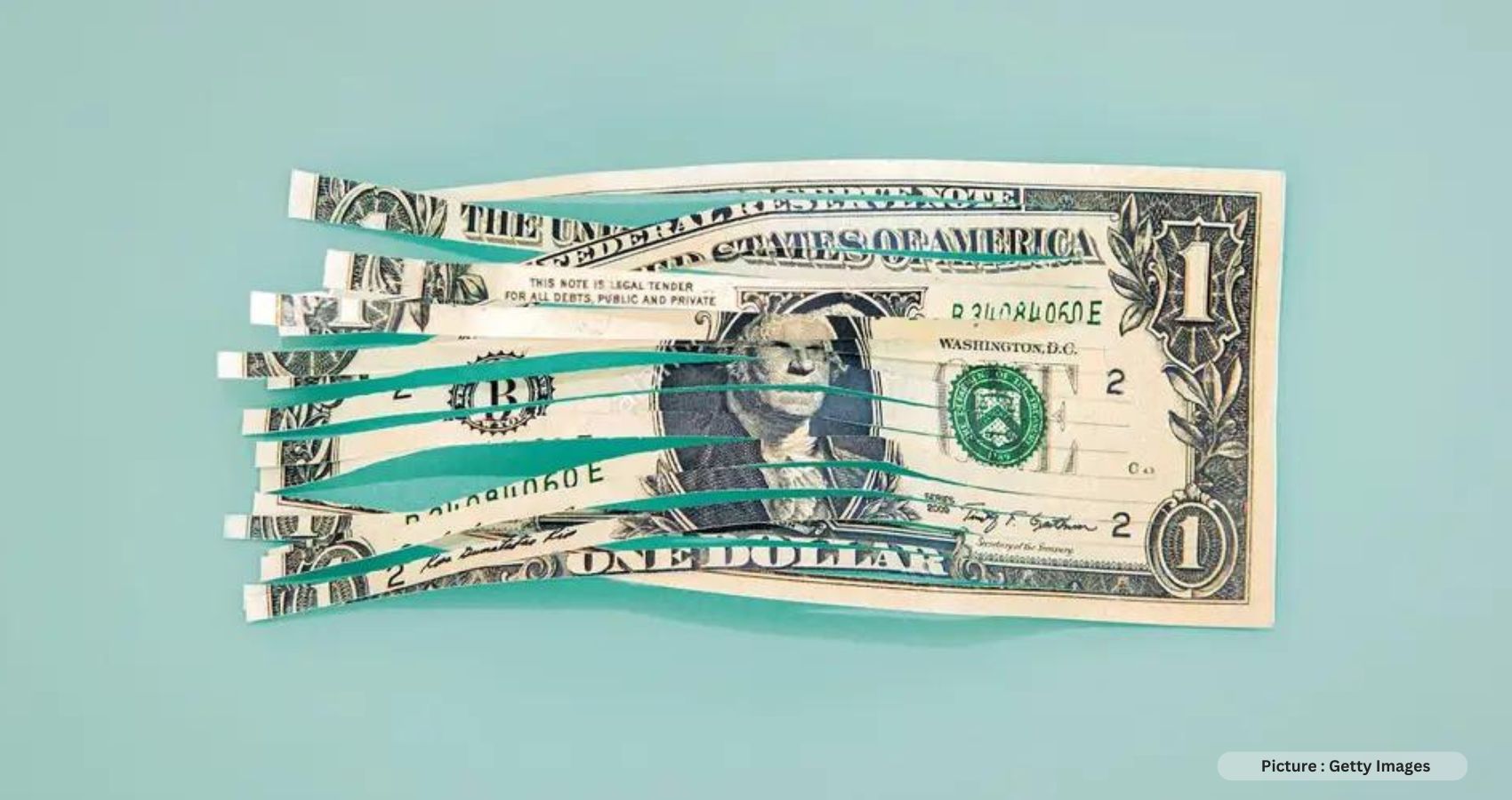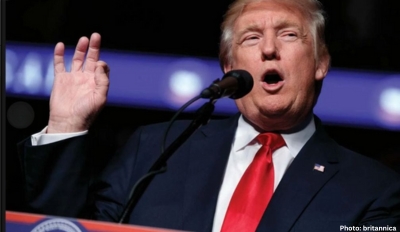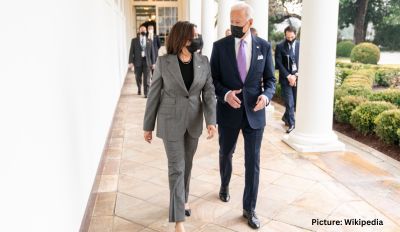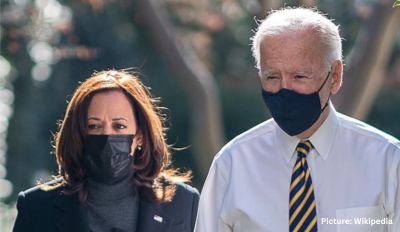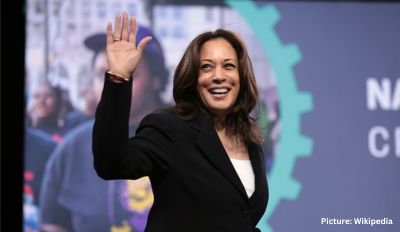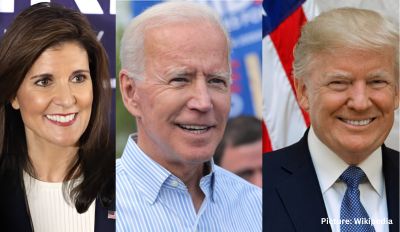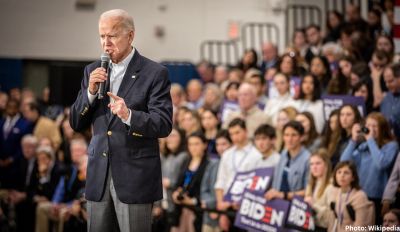The US dollar could encounter a formidable challenge from BRICS countries due to their expanding size and influence in global trade, warns former White House economist Joe Sullivan.
Sullivan, in a recent op-ed for Foreign Policy, highlighted the rising concerns that BRICS nations might introduce a currency to rival the US dollar in international trade. This potential currency could potentially displace the dollar from its current dominant position in global trade markets and as the primary reserve currency.
Although BRICS officials have denied the existence of such a rival currency, Sullivan cautioned that the bloc of emerging market countries, which has recently welcomed Argentina, Egypt, Ethiopia, Iran, Saudi Arabia, and the United Arab Emirates, poses a threat to the greenback based on its growing influence.
Sullivan also pointed out the substantial influence of the BRICS bloc in commodities markets. Saudi Arabia, Iran, and the United Arab Emirates are among the world’s leading exporters of fossil fuels, while Brazil, China, and Russia are significant exporters of precious metals.
The inclusion of Saudi Arabia, in particular, could provide BRICS+ with a significant advantage, as the Middle Eastern nation holds over $100 billion in US Treasury bonds, contributing to the total holdings of US Treasurys by BRICS countries surpassing $1 trillion, according to Sullivan.
Sullivan argued, “The BRICS+ nations do not need to wait until a shared trade currency meets the technical conditions typical of a global reserve currency before they swing their newly enlarged economic wrecking ball at the dollar.”
He also highlighted the growing prominence of China’s yuan in global trade, as Beijing’s trading partners increasingly use the renminbi.
Sullivan further warned that these trends could eventually place the US dollar in a position similar to that of the British pound in the 1800s when it lost its international dominance.
He explained, “The BRICS+ states do not even necessarily need to have a shared trade currency to chip away at King Dollar’s domain. If BRICS+ demanded that you pay each member in its own national currency to trade with any of them, the dollar’s role in the world economy would diminish. There would not be a clear replacement for the dollar as a global reserve. A variety of currencies would gain in importance.”
However, some economists hold a different view, suggesting that the US dollar’s role as the world’s primary trading and reserve currency will likely persist for an extended period. The data from the Bank of International Settlements and the International Monetary Fund show that the greenback continues to outperform rival currencies in international trade and central bank reserves by a significant margin. The yuan has only recently made modest gains in central banks’ holdings.

